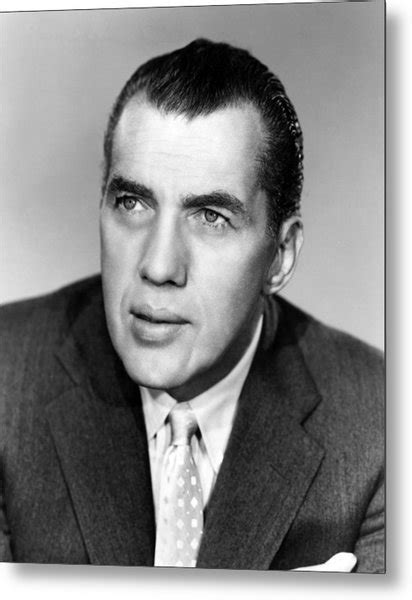A Quote by Marvin Minsky
Kubrick's vision seemed to be that humans are doomed, whereas Clarke's is that humans are moving on to a better stage of evolution.
Related Quotes
When humans act like animals, they become the most dangerous of animals to themselves and other humans, and this is because of another critical difference between humans and animals: Whereas animals are usually restrained by the limits of physical appetites, humans have mental appetites that can be far more gross and capacious than physical ones. Only humans squander and hoard, murder and pillage because of notions.
By the time of the Singularity, there won't be a distinction between humans and technology. This is not because humans will have become what we think of as machines today, but rather machines will have progressed to be like humans and beyond. Technology will be the metaphorical opposable thumb that enables our next step in evolution.
The very large brain that humans have, plus the things that go along with it - language, art, science - seemed to have evolved only once. The eye, by contrast, independently evolved 40 times. So, if you were to 'replay' evolution, the eye would almost certainly appear again, whereas the big brain probably wouldn't.
It seemed that the time would come evolutionarily when humans might have acquired enough knowledge of generalized principles to permit a graduation from class-two (entropically selfish) evolution into class-one (syntropically cooperative) evolution, thereafter making all the right moves for all the right reasons.
We thought it was only in science fiction that things created by humans could actually take over what is inherently our human heritage. But Thom Hartmann shows how we've already let that happen on a frightening scale - not in Frankenstein's monsters or Kubrick's creeping computer Hal - but in the corporations that present their friendly 'faces' to us as if we have nothing to fear from this ultimate usurpation of our rights as real humans.
I now believe that evolution, or deevolution, never ends short of death, that no society has ever achieved an absolute pinnacle, that all humans are not created equal. In fact, I believe attempts to create some abstract equalization create a morass of injustices that rebound on the equalizers. Equal justice and equal opportunity are ideals we should seek, but we should recognize that humans administer the ideals and that humans do not have equal ability.



































